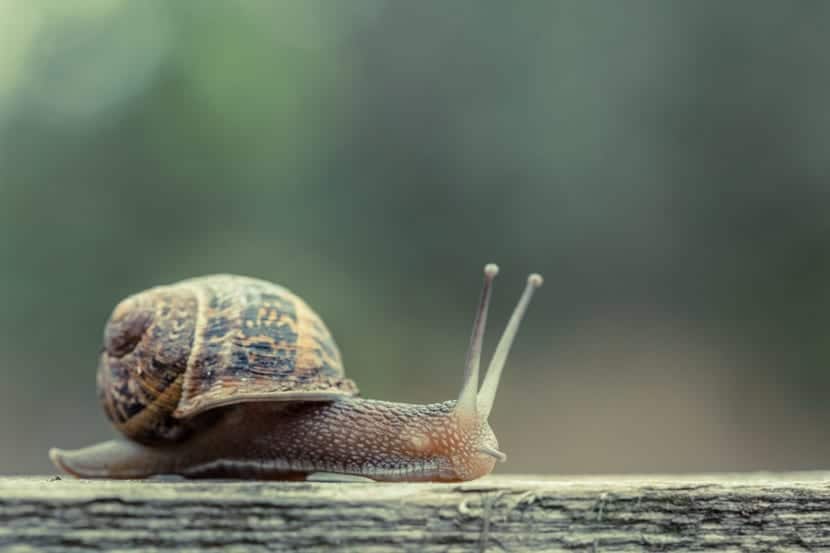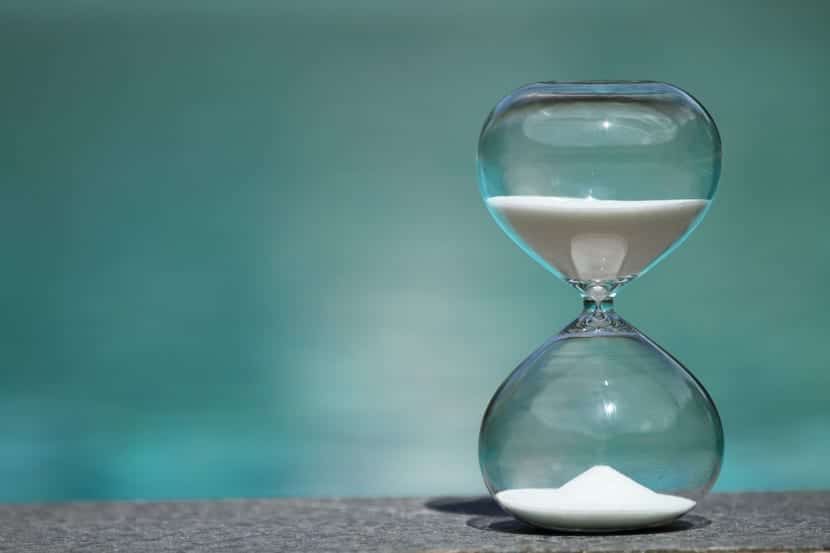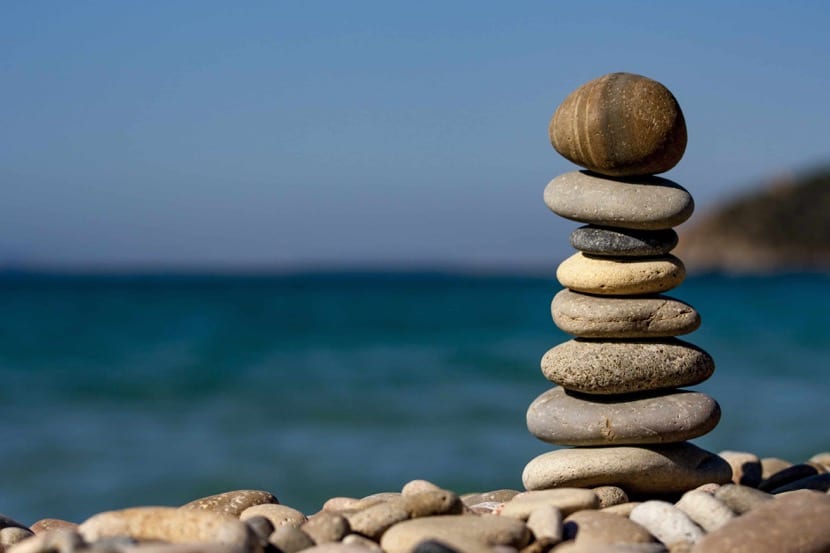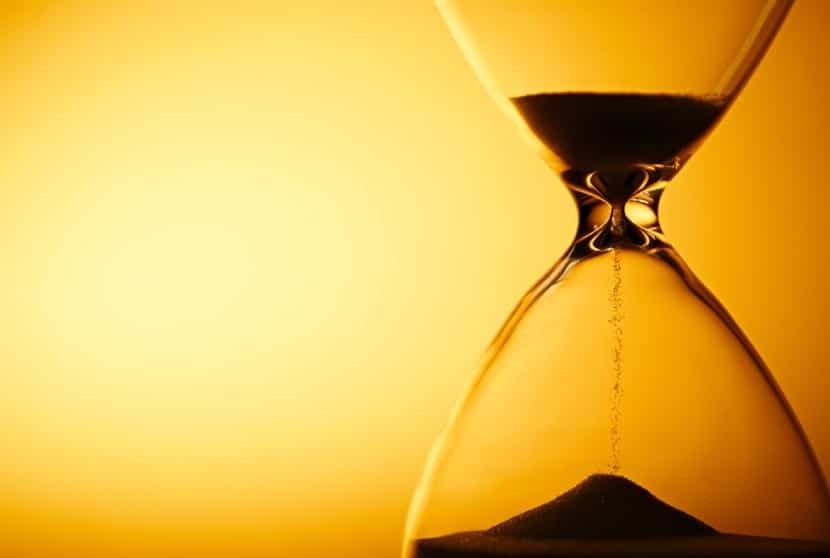
We live in a hectic society where everything has to be immediate. We don't know how to wait and when we have to even do it, it gives anxiety. It seems that patience is conspicuous by its absence in this society that goes without brakes, without control and constantly looking at the clock.
Patience is usually silent and very subtle, it is not usually seen in public. For example, when a father tells the third story to his son because he does not want to sleep, when an athlete is injured and has to wait 3 months to recover… On the other hand, impatience does become public and draws everyone's attention; a driver honking his horn impatiently to pass a traffic light that has just turned green, customers in line at the grocery store snorting at a problem at the cash register, etc.
The importance of patience
Having patience means being able to wait calmly in the face of frustration or adversity, so anywhere there is frustration or adversity, that is, almost everywhere, we have the opportunity to practice it ... you just have to want to do it!

At home with our children, at work with our colleagues, in the store with half the population of our city queuing ... patience can make the difference between annoyance and equanimity, between worry and tranquility. Religions and philosophers have long praised the virtue of patience, and rightly so! Now experts and researchers do too. Indeed, good things really do come to those who know how to wait. For this reason it is necessary to learn to wait in life.
Patience is linked to achieving goals and having good health
The road to achievement is long, and those without patience, who want to see results immediately, may not be willing to walk it. For example, people who want everything now, who want the best job, the best salary, the best of everything ... Effortless and hard work. In the end they are left with nothing because even if they have it, they do not know how to give it the value it deserves.
Patient people value effort and when they do it, they know how to value things more, something that allows them to be more grateful and enjoy life more than those who are impatient. People with interpersonal patience are able to progress towards their goals and to feel more satisfied when they achieve it.
As if that were not enough, patience helps you live in peace, so your health will also be improved in all aspects. Patient people were less likely to have health problems such as headaches, acne, ulcers, diarrhea, and pneumonia.
On the other hand, people who are more impatient or irritable will have more health and sleep problems. If patience can reduce our daily stress, it is reasonable to speculate that it might also protect us against the damaging health effects of stress.

How to be more patient
Having more patience in life will only bring you benefits, so it is logical that you want to work it within yourself. Patience will help you to live in greater tranquility and above all, so that you can better face the obstacles you may have in life. Next we are going to tell you some keys to enhance patience in your life.
Reframe the situation
Feeling impatient is not just an automatic emotional response. It also involves conscious thoughts and beliefs. If a coworker is late for a meeting, you can talk about their disrespect or view that extra 15 minutes as an opportunity to do some reading. Patience is linked to self-control, Trying to consciously regulate our emotions can help us train self-control.
Practice mindfulness
People who are mindful for at least six months become less impulsive and more willing to expect good things in life. For this reason, mindfulness or meditation is a practice that can be done every day. Sometimes just taking a deep breath and noticing feelings of anger or overwhelm, it is more than enough to learn to respond more patiently in different situations.
Be grateful
Grateful people are better at patiently delaying gratification. When a person is grateful for what they have today, they do not feel the despair to have more things or to improve their circumstances immediately and less, if with patience you can achieve that over time your situation improves remarkably more.
Stop doing things that are not important
We all have things in our lives that take time away from what is important. One way to de-stress and increase patience in our lives is to stop doing those things. Take a few minutes and evaluate your week. Look at your schedule from the time you wake up to the time you go to sleep. Pick out two or three things you do that aren't important but take time. It's time to learn to say no to things that stress and make you impatient.
Slow down in life
We are obsessed with arriving earlier, having things first, doing things fast… speed generates adrenaline and therefore it seems that slowness is the worst thing there is. This makes us forget the most important thing: what is really worth it takes time. Sometimes, the difference between good and bad decisions is the time it takes to make them.

You build your world and your life and if you want it all fast, you may not make a solid structure. Slow down your life and things will turn out much better than you imagined at first.
You can try to protect yourself from frustration and adversity, but they come with the territory of the human being. Practicing patience in everyday situations will not only make life more enjoyable in the present, it can also help pave the way to a more fulfilling and successful future.